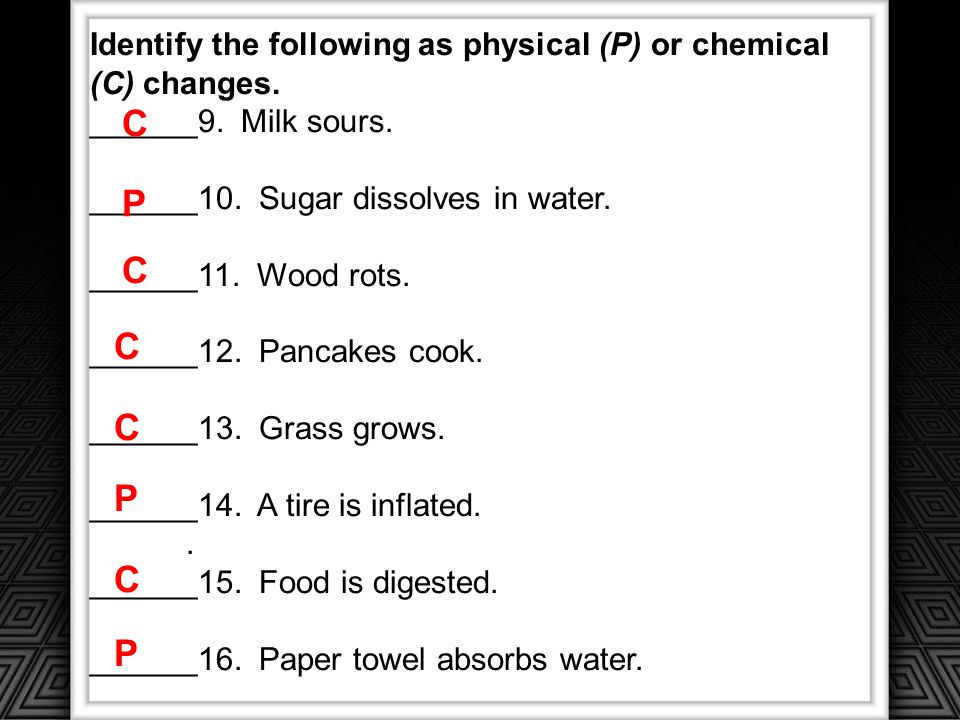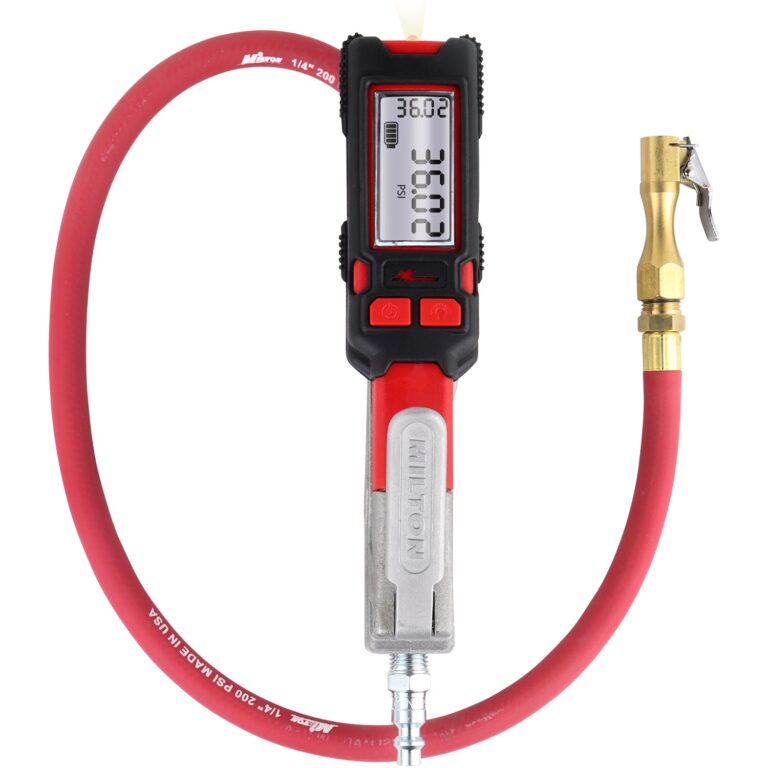Is Tire Inflation a Physical or Chemical Change? Unveiled!
When we inflate a tire, we often wonder about the changes happening inside. Is it a physical change or a chemical change? This article will help you understand this concept in a simple way.
What is a Physical Change?
A physical change is a change that affects one or more physical properties of a substance. The substance may change shape, size, or state. However, its chemical composition remains the same. Here are some examples:
- Melting ice into water
- Breaking a glass
- Mixing sand and salt
What is a Chemical Change?
A chemical change is different. It involves a change in the chemical composition of a substance. The new substance formed has different properties. Some examples of chemical changes include:
- Burning wood
- Rust forming on iron
- Cooking an egg

Inflating a Tire
Now, let’s look at what happens when we inflate a tire. When we add air to a tire, we are filling it with gas. This gas is often made of nitrogen and oxygen. The air fills the space inside the tire, making it round and firm. But is this a physical or chemical change?
Understanding Tire Inflation
Inflating a tire is mainly about adding air. The air does not change chemically when it goes into the tire. It still remains air. So, the basic composition of the air does not change. The tire’s shape changes, but its material stays the same.
Physical Change In Tire Inflation
Here are reasons why inflating a tire is a physical change:
- The air’s composition does not change.
- The tire itself does not change its material.
- Only the volume and shape of the tire change.
- No new substance is formed during inflation.
Effects of Inflating a Tire
Inflating a tire has several effects. It helps in:
- Improving vehicle performance
- Ensuring safety on the road
- Enhancing fuel efficiency
Importance Of Proper Tire Inflation
Proper tire inflation is crucial. Under-inflated tires can cause:
- Poor fuel efficiency
- Increased tire wear
- Higher risk of tire blowouts
Comparison with a Chemical Change
To clearly contrast the two:
- Physical change (like inflation): Results in a change in form, shape, or state but does not alter the material’s chemical makeup. For example, a properly inflated tire enhances its shape and functionality without molecular changes in its materials.
- Chemical change (such as overheating): If the tire were to experience extreme heat or stress, the rubber could degrade chemically, breaking down the polymers and potentially altering its physical integrity and properties. This would be an irreversible change, unlike inflation.
Understanding this distinction helps in appreciating tire performance and recognizing potential signs of wear or failure in more extreme cases.
Technical Details About Tire Inflation
1. The Importance of Correct Inflation Pressure
Every tire has an ideal inflation pressure—usually indicated in the vehicle’s manual or on the driver-side doorframe. Proper inflation ensures:
- Safety by maintaining proper traction and handling.
- Performance by evenly distributing the vehicle’s weight.
Incorrectly inflated tires can compromise braking, lead to blowouts, or hinder the vehicle’s handling, making it crucial to maintain the recommended pressure.
2. How Temperature and Altitude Affect Tire Pressure
Temperature and altitude significantly influence tire pressure:
- Hotter Temperatures expand the air inside the tire, increasing pressure. This is why long drives or summer heat can lead to overinflation.
- Colder Temperatures cause air molecules to contract, leading to underinflation. This can reduce fuel efficiency and wear tires faster.
Altitude changes also play a role, as atmospheric pressure drops in higher regions, requiring adjustments to tire pressure to accommodate such changes.
3. The Role of Tire Valves
Tire valves play a critical role in maintaining air pressure. A faulty valve or leaky seal can allow gradual air loss, leading to underinflation and uneven tire wear. Regularly checking valve integrity during routine maintenance is an often-overlooked yet essential step.
4. Effect of Inflation on Fuel Efficiency and Tire Wear
Properly inflated tires reduce rolling resistance, improving fuel efficiency—a factor especially relevant for eco-conscious drivers. Simultaneously, optimal pressure prevents excessive friction, extending tire lifespan by reducing uneven or premature wear.
5. The Use of Nitrogen Inflation
Some car enthusiasts and performance-oriented drivers opt for nitrogen inflation instead of regular air. Benefits of nitrogen include:
- Reduced pressure fluctuations with temperature changes.
- Lower oxidation within the tire, prolonging the rubber’s life.
Although slightly more expensive, nitrogen inflation can be worth considering for those heavily invested in long-term tire preservation.
Key Takeaways for Enthusiasts
The act of inflating a tire is undoubtedly a physical change, with no alterations to the underlying materials. However, this straightforward process holds immense importance for safety, performance, and cost efficiency. From understanding how environmental factors influence tire pressure to exploring the benefits of nitrogen inflation, maintaining your tires at an optimal state ensures every mile is safer and smoother.
Conclusion
In summary, inflating a tire is a physical change. The air added does not alter the chemical structure of the tire or the air. Understanding this helps us appreciate the science behind our everyday activities.
Final Thoughts
Next time you inflate your tire, think about the changes happening. Remember, you are making a physical change. This knowledge can help you take better care of your vehicle. Stay safe and enjoy your rides!

Frequently Asked Questions
1. Why Is Tire Inflation Important?
Proper tire inflation ensures safety, better fuel efficiency, and longer tire life.
2. How Often Should I Check My Tire Pressure?
Check your tire pressure at least once a month and before long trips.
3. What Happens If My Tires Are Under-inflated?
Under-inflated tires can lead to poor handling, increased wear, and blowouts.
4. Can I Inflate Tires With Any Kind Of Air?
Regular air is suitable for tires. Some people use nitrogen for better performance.
5. How Do I Know My Tires Are Properly Inflated?
Use a tire pressure gauge to check. Follow the recommended pressure on the tire label.
Are your tires correctly inflated? Why not take a moment today to check—or if you’re using nitrogen, share your experience in the comments!






